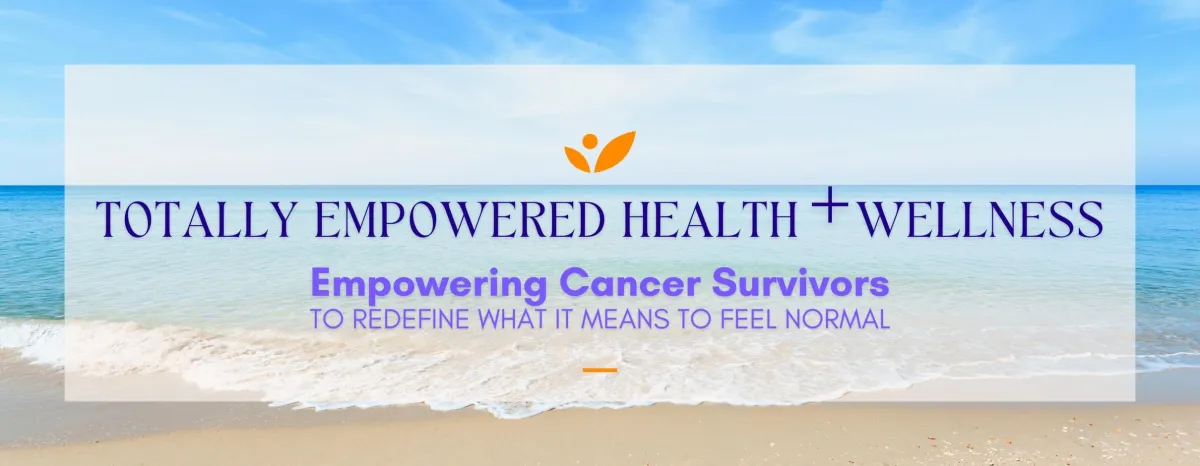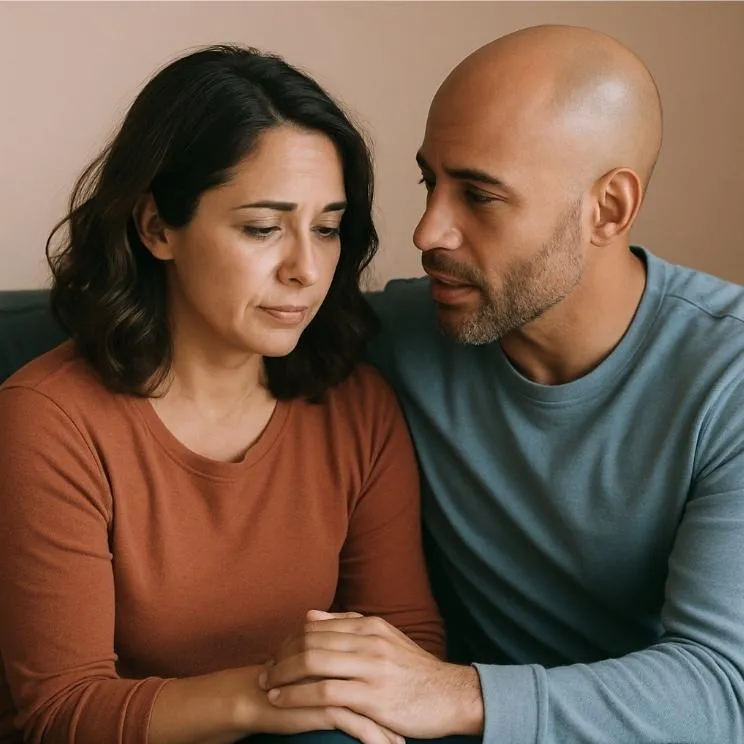
Welcome to Empowerment Insights

Honest Healing: 10 Ways to Reclaim Intimacy After Chemopause and Cancer
Why We Must Talk About Sex After Cancer
Let’s talk about sex—openly, honestly, and without shame. Intimacy after cancer
is one of the most overlooked yet crucial parts of healing. While beating cancer is no small feat, regaining connection, pleasure, and self-confidence often remains an unresolved chapter.
Chemopause—an abrupt, treatment-induced menopause—can bring waves of unexpected changes, leaving survivors feeling isolated or broken. It’s time to end the silence and bring compassion, support, and science into this conversation.
What Is Chemopause?
Chemopause refers to premature menopause triggered by cancer treatments such as chemotherapy, radiation, or surgical ovary removal. It mimics the hormonal plunge of natural menopause but hits harder and faster, often with more intense symptoms and longer-lasting effects.
For many, it signifies the end of fertility, a shift in identity, and a new realm of challenges, especially around sexual health.
Symptoms of Chemopause That Affect Intimacy
Chemopause can introduce a slew of symptoms that make intimacy difficult:
● Hot flashes and night sweats can disrupt sleep and lower libido.
● Emotional roller coasters may affect mood and relationship dynamics.
● Fatigue and mental fog interfere with desire and responsiveness.
These symptoms don’t just challenge your body—they challenge your relationship with it.
Understanding the Emotional Impact
Survivors often describe feeling like strangers in their own skin. Treatment alters body image, and scars—both visible and invisible—can create distance from one’s sensual self.
Reconnecting with your body means reestablishing trust, comfort, and kindness. It’s about healing both the emotional and physical wounds.
Physical Challenges in the Bedroom
Lower estrogen levels due to chemopause lead to:
● Vulvovaginal atrophy: Thinning, drying, and inflammation of the vaginal walls.
● Decreased lubrication: Making intimacy painful or unappealing.
● Higher UTI risk: Due to microtears and irritation.
These aren’t just uncomfortable—they can be emotionally demoralizing if not addressed with proper care.
Intimacy Challenges for Male Survivors
Men undergoing hormonal therapies may face:
● Erectile dysfunction
● Loss of libido
● Hot flashes and mood swings
● Incontinence
These side effects can feel isolating and emasculating, but they’re not insurmountable.
1. Communication Is Key
Honest, judgment-free conversations with your partner are essential. Share what feels good, what doesn’t, and how you’re feeling emotionally. Intimacy starts with vulnerability, not perfection.
2. Lifestyle Changes That Help
Healthy habits improve overall and sexual wellness:
● Exercise increases circulation and endorphins.
● Nutrition supports hormonal balance.
● Sleep hygiene boosts mood and resilience.
● Stress management (think mindfulness, therapy) promotes libido.
3. Explore New Paths to Pleasure
Shift the goalposts. Focus on connection, touch, and creativity. Redefining what intimacy looks like can be liberating and incredibly fulfilling.
● Cuddling, massage, mutual exploration
● Non-penetrative sexual activities
● Sensual routines and rituals
4. Use the Right Products Safely
Don’t suffer in silence. Helpful tools include:
● Water- or silicone-based lubricants (avoid glycerin if prone to infections)
● Vaginal moisturizers
● Prescription estrogen creams (consult your doctor)
● Vaginal dilators to maintain comfort and flexibility
5. Medical and Therapeutic Support
If pain or anxiety continues, seek expert help:
● Pelvic floor therapy
● Sex therapists trained in oncology-related intimacy issues
● Hormonal specialists
It’s not “too much”—it’s self-care.
Inside the “Exhausted to Empowered” Program
Our program devotes an entire module to navigating intimacy after cancer. With practical tools, emotional support, and a deep understanding of what survivors face, we help you rebuild not just function—but joy.
Plus, we offer a free guide to help you select the best products for dryness and discomfort, so you can move forward with confidence.
FAQs About Chemopause and Intimacy
Q1: How soon after treatment can I resume sexual activity?
Always consult your doctor, but many can resume as soon as they feel ready—physically and emotionally.
Q2: Will I ever feel “normal” again in bed?
Yes. Intimacy evolves, and so can your pleasure. Being open, patient, and flexible are key.
Q3: Can lubricants and moisturizers alone fix the problem?
They help immensely, but for many, a multi-pronged approach (including therapy and hormone support) is more effective.
Q4: Should I feel guilty for not wanting sex?
Absolutely not. Your journey is valid. Focus on healing and communication.
Q5: What if my partner doesn’t understand?
Education and open conversation help. Consider couples counseling if needed.
Q6: Are intimacy issues common in survivors?
Yes—more than half of survivors report significant changes. You are not alone.
Healing, Honesty, and Hope
Sexual healing after cancer isn’t a luxury—it’s a powerful part of recovery. Whether you’re facing chemopause or other treatment side effects, know this: your intimacy isn’t gone. It’s waiting, ready to be rediscovered—with grace, creativity, and the right support.Ready for more tools like this?
Read more blog posts like this one right here:
Don't Delay
Book Your Total Empowered Consultation call today!
Take control of your recovery and start feeling better today.
Book a Discovery Session with us to share where you currently are in your health journey and learn more about our innovative treatment approach. Together, we can help you regain your energy and vitality, so you can start living the life you deserve.
Click the link below👇🏾👇🏾:
Schedule your Total Empowerment Consultation

Dr. Hellena is a health coach for survivors and the founder of Totally Empowered Health and Wellness, where we empower you to take control of your recovery instead of allowing your recovery to control you. If you’d like to know more about our programs for you or your friend, click the link below.
